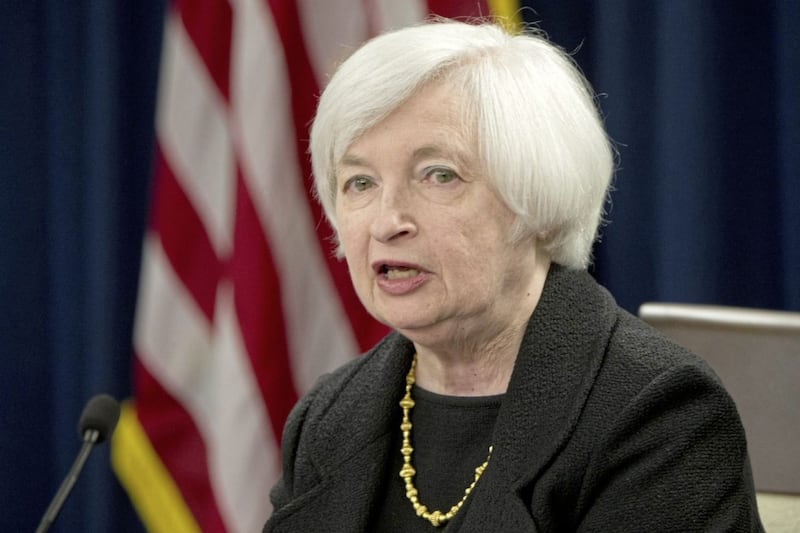STERLING has recovered some ground in the past month, rising to around $1.26 against the dollar, with the euro falling back to near 84p. The UK currency has been helped by a number of factors. The market was very short of sterling so there was scope for a bounce in the currency as traders booked profits, especially in the run-up to year end.
Rising market uncertainty and volatility was always going to be a catalyst to cut short sterling positions. Two events provided this—Trump’s unexpected election win in the US and growing political risks in Europe, which have put pressure on the euro and taken some of the focus off Brexit. There is also less certainty that the UK is heading for a hard Brexit, with the High Court ruling that Parliament must be involved in the process to trigger Article 50 and some UK Ministers making conciliatory comments recently.
The pound seems likely to hold on to its recent gains in the near term, with scope to make further ground against the euro if concerns about political risks in Europe continue to mount.
The news that the Italian political reform referendum has been defeated is likely to keep markets occupied over the coming days. The defeat of the Government proposal creates a great deal of political uncertainty in a country where anti-establishment and euro-sceptic groups look poised to gain in the event of early elections. Whilst Prime Minster Renzi announced his resignation, the referendum could also have negative ramifications for Italy’s struggling banking sector.
The outcome of Sunday’s Italian referendum is therefore likely to be a key factor impacting markets in the week ahead, with the ‘No’ vote weighing on the euro. Although, we feel that downside risks remain for sterling over the medium-term, as Brexit negotiations next year are likely to be very tough, which will worry markets. Sterling volatility, therefore, is likely to remain high, driven by the ebb and flow of developments in relation to Brexit.
The main event in the week ahead is Thursday’s ECB Governing Council meeting. No changes to interest rates are anticipated. However, there are expectations that the ECB will announce an extension of its asset purchase programme beyond its current end date of next March.
This view is backed up by comments from President Draghi in recent days that “a sustained adjustment in the path of inflation” towards the target rate of just below 2 per cent “still relies on the continuation of the current, unprecedented financing conditions.”
Thus, the ECB “remain committed to preserving the very substantial degree of monetary accommodation”. However, the possibility that the ECB could ‘tweak’ its QE programme, both in terms of size and composition, cannot be ruled out.
Data-wise, the global release calendar for the coming days is relatively light following last week’s very busy schedule. In the Eurozone, retail sales figures for October are the main release of note. Sales recorded only a modest pace of growth in recent quarters. Although, last week’s national level data suggest that they started Q4 on a stronger footing, with German retail sales particularly strong.
In the UK, the November services PMI will be closely assessed, after it rose to a nine-month high of 54.5 in October. The index is forecast to edge back to 54, while remaining consistent with a solid pace of growth in the sector. On the output side of the economy, industrial production declined in Q3, showing relatively broad based falls. However, it is anticipated to have improved slightly in October.
The non-manufacturing ISM for November is the key release in the US. The expectation is that it will pick up in the month, following October’s fall. The market consensus of 55.3 suggests a continued solid pace of growth. International trade for October are also due, along with Michigan consumer sentiment for December.








